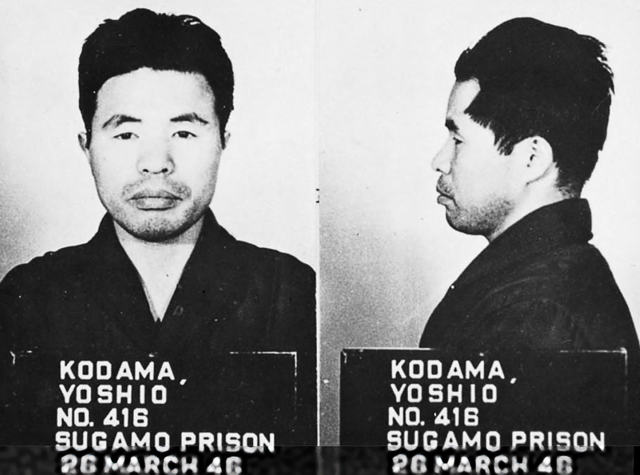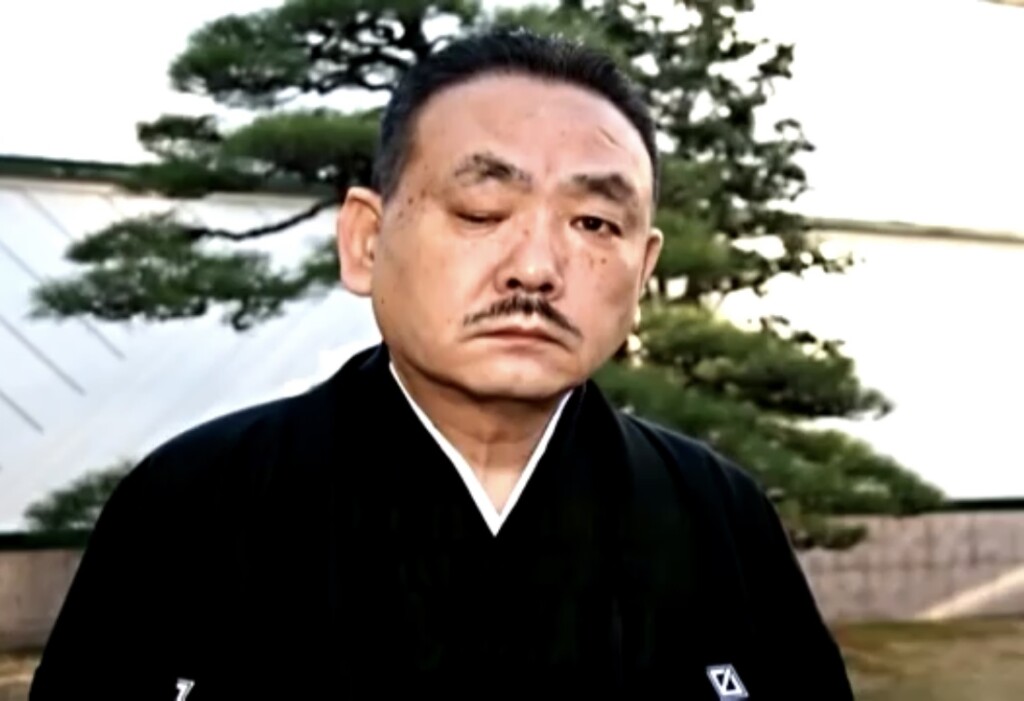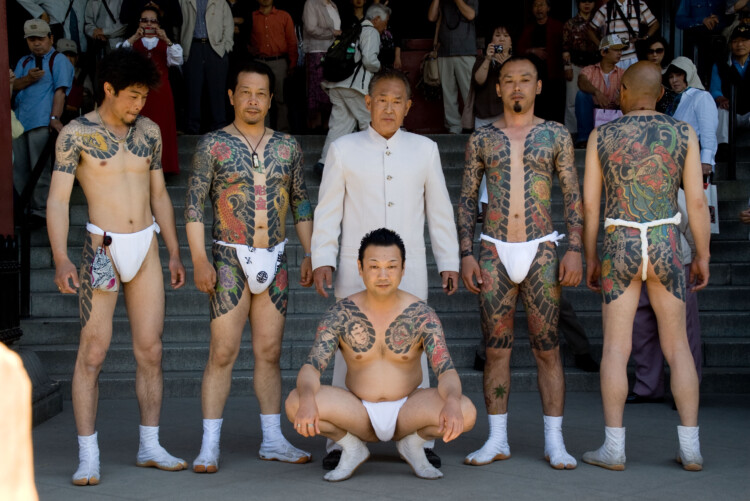So, you’re curious about the Yakuza. Well, you’re not alone. These infamous characters from Japan’s underworld have been subjects of fascination for many across the globe. Now, the question that’s on everyone’s mind: are Yakuzas men of honor?
It’s like asking if Robin Hood was a hero or a villain. It’s complex, layered, and depends a lot on perspective.

On the one hand, you’ve got this group steeped in tradition, following a code of ethics that would put some knights to shame. But on the other hand, let’s remember that they’re deeply involved in organized crime. So, what gives?
It’s what makes this subject of such fascination and debate. The Yakuza represents a paradox, a blend of the honorable and the illicit, the respectful and the terrifying.
In many ways, the Yakuza embodies a struggle between traditional values and the harsh realities of a modern, globalized underworld.
The Birth of the Yakuza
The Yakuza trace their roots back to the 17th century – when samurais were a thing, and Japan was all about that “bushido” life.
It was during this period that two distinct groups emerged that would ultimately give birth to the Yakuza as we know them today: the “tekiya” (peddlers) and the “bakuto” (gamblers).
Tekiya and Bakuto: The Forefathers of the Yakuza
The tekiya were essentially street vendors who sold dodgy goods at religious festivals.
Think of them as the OG hustlers, the smooth talkers with a knack for turning trash into ‘treasure.’ The bakuto, on the other hand, were your classic gamblers, running betting games on the outskirts of towns.
Both groups existed on the fringes of society, the outcasts, if you will, living by their own rules. They developed tight-knit communities, customs, and unique codes of conduct, strikingly reminiscent of the Yakuza’s principles of today.
The Evolution of the Yakuza
As time passed, these two groups began to gain serious clout. Around the 18th century, the bakuto started offering loans to desperate folks (a.k.a the birth of loan sharking), and the tekiya became more structured and hierarchical.
They were gradually morphing from social misfits into organized groups with power and influence.
By the 20th century, these groups had fully evolved into the Yakuza – a potent blend of illicit commerce, gambling, and an honor code dating back to the samurai era.
The Yakuza and Their Code of Honor: What’s the Deal?
The Yakuza follow a code known as the “ninkyo,” or the polite way, deeply rooted in the samurai code, “bushido.” They swear by principles like justice, duty, and loyalty to their boss, or “oyabun.”
Picture a medieval court, but in the middle of modern Tokyo, a little less “Game of Thrones” and a little more “Tokyo Vice.”
Yet, it’s not all high-minded ideals. These principles often go through the wringer in the face of harsh realities. When it comes down to it, survival and power often overshadow the noble intentions of the “ninkyo.”
The Dark Side: Criminal Undertakings of the Yakuza
Let’s flip the coin. With all that talk about honor and chivalry, it’s easy to forget that the Yakuza are, at their core, a criminal organization.
They’re involved in unsavory dealings, like drug trafficking, gambling, and loan sharking. It’s like your favorite mafia movie, with more sushi and fewer cannolis.
These activities are different from the honorable samurai code, are they? It’s a bit like a knight in shining armor also running a shady gambling den on the side – not quite the storybook image we had in mind.

Yubitsume: The Yakuza’s Painful Apology
Let’s tackle something extreme: “Yubitsume,” or the Yakuza’s unique way of saying, “I’m sorry.” This tradition involves a Yakuza member chopping off part of their little finger if they’ve royally messed up.
Rooted in samurai times, a missing finger symbolized a weaker sword grip, hence, less individual power. It’s not just an apology; it’s an act of atonement, a pledge of loyalty, and a bold statement about their transgression.
Talk about taking “sorry” to a whole new level.
A Mixed Perception: Society’s View of the Yakuza
Here’s where things get interesting. In Japan, the Yakuza aren’t just feared – they’re sometimes respected or even seen as necessary. They often help maintain order in the neighborhoods they control and have been known to aid in disaster relief efforts.
However, that’s not to say society celebrates them – their criminal activities are certainly not ignored.
In a sense, the Yakuza exists in a societal gray area. They’re not all bad, not all good – they’re a bit of both, all wrapped up in flashy tattoos and sharp suits.
Yakuza Today: A Balance Between Tradition and Modernity
Today’s Yakuza lies between the rock of tradition and the hard place of modernity. As Japan evolves, so do they. They must maintain their honor codes while adapting to the realities of a modern, globalized criminal underworld.
The Yakuza are men of honor but also men of crime. They’re a product of their history and environment, embodying a unique blend of tradition and modernity.
The real story of the Yakuza isn’t black and white – it’s a swirl of grays, full of contradiction and complexity.










COMMENTS